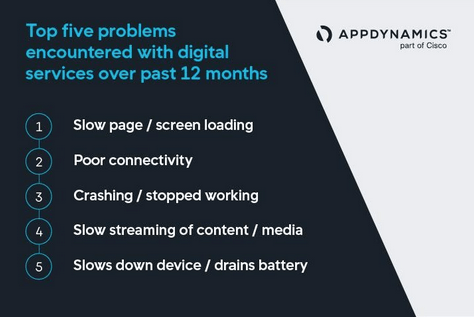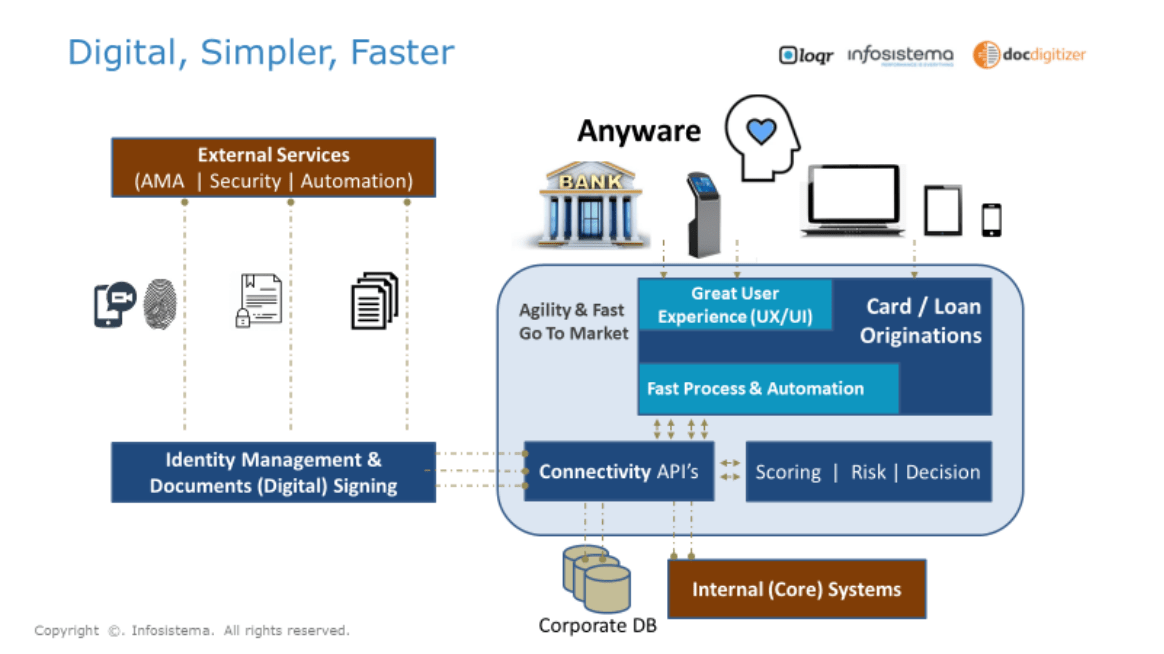7 Advantages of Internal Auditing
Have you heard about internal auditing? Chances are, you have, and you probably think of it as a daunting and time consuming process.

An Internal Audit is an independent activity that will increase value to your company and help your organization reach its objectives by improving operations in a systematic approach. These actions can be performed by 3rd party companies specialized in auditing or they can be done internally involving areas/departments of your company and, of course, your employees.
Let’s highlight 7 reasons why you should perform internal audits in your company:
1. Ensure the use of controls:
The first advantage of Internal Auditing is related to the simple fact that you are already providing controls and using them. It’s a waste of time and money to implement measures to control your processes and not pay attention to that information. By doing internal auditing, the results of these controls will be thoroughly checked and evaluated.
2. Check policies implementation:
One of the purposes of an audit is to show if your internal policies are really being implemented and to highlight the impact it may or may not have on the company’s routine.
3. Evaluate the effectiveness of your standards:
Another purpose is to verify that your standards are being met. This is fundamental to ensuring compliance, avoiding fraud, corruption, and even problems related to ethics.
4. Anticipate and try to solve problems:
During the evaluation of controls, policies, and standards, it’s possible to identify real or potential problems that can put your organization at risk. This list needs to be the target of an analysis of compliance risks prior to solving them, but they will need to be solved or prevented in order to avoid major issues.
5. Identifies possible improvements:
Not everything is bad in an audit. In fact, it’s easier to find points where you can improve and help the growth of the company. That’s why internal audits are often performed before major changes.
6. Increases company reliability:
From the previous points, we are now able to see that an audit allows you to ensure transparency and efficiency in your company processes. By showing this to the public, your company can help build trust between employees, customers, providers, and partners.
7. Contributes to decision making:
Finally, with managers excluded from the audit and with all the information gathered, the resulting report shows an external vision of the organization. This way the management layer is able to make more informed and, hopefully, better decisions for the path of the company.












